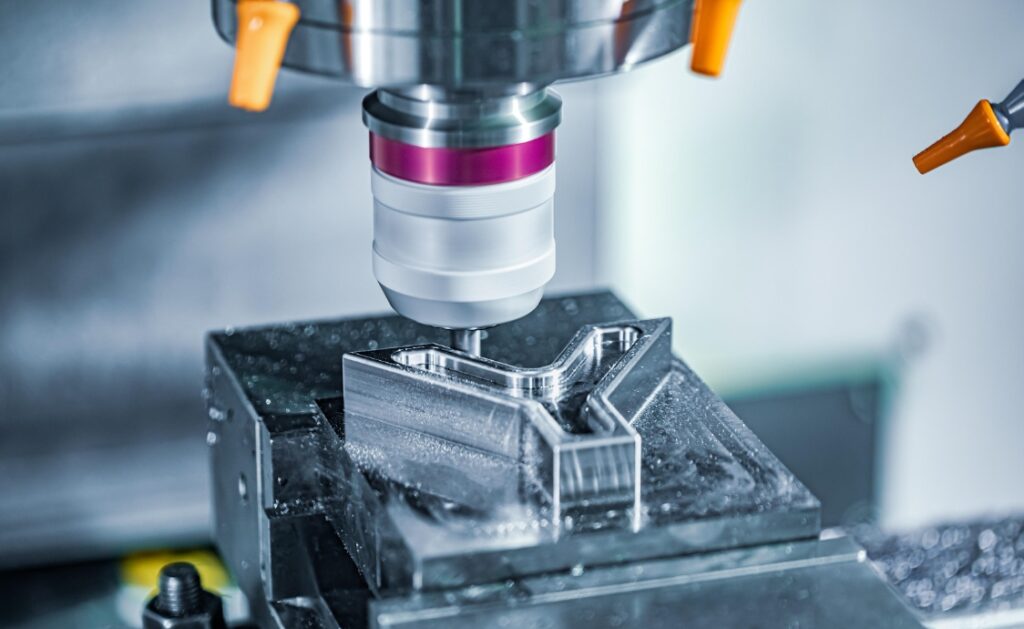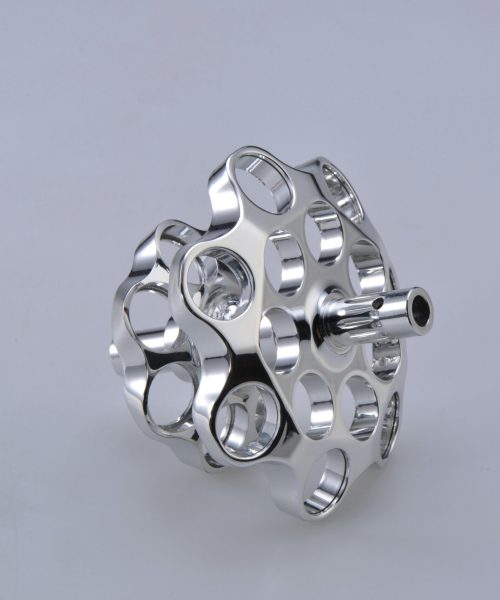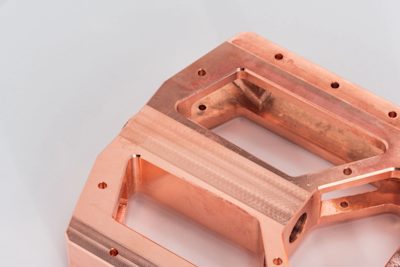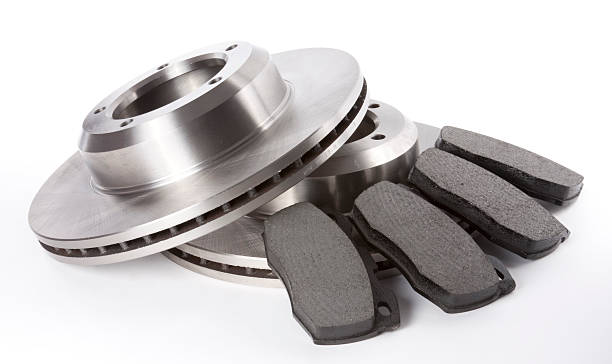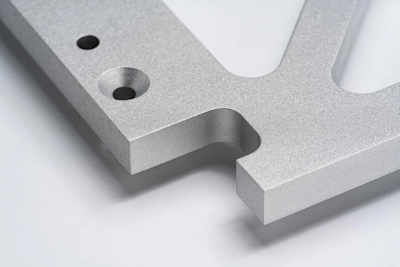导言
The medical industry demands components with exceptional precision and quality. CNC machining plays a pivotal role in manufacturing intricate medical devices and equipment. However, selecting the right medical CNC machining supplier is not a simple task. The stakes are high, and a wrong choice can lead to compromised quality, delays, and increased costs. This comprehensive guide will walk you through the critical factors to consider when choosing a reliable medical CNC machining supplier, ensuring you partner with a company that can meet your stringent requirements.


Understanding Medical CNC Machining Suppliers
What is Medical CNC Machining?
CNC machining is a manufacturing process that uses computer-controlled machines to precisely shape materials. In the medical field, CNC machining requires an extra layer of precision, cleanliness, and biocompatibility. These components often have very tight tolerances and are made from specialized materials.Types of Medical CNC Machining Suppliers
Medical CNC machining suppliers come in various sizes, each offering different advantages. You have small, specialized shops focusing on prototyping and low-volume production, mid-sized suppliers that offer a good balance of quality and cost, and large facilities capable of handling high-volume manufacturing. It’s also essential to distinguish between general CNC shops and those specializing in medical-grade components.
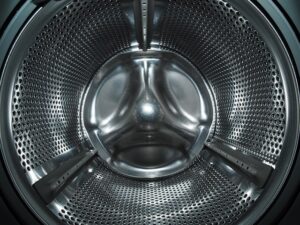

Key Capabilities of a Medical CNC Machining Supplier
A quality medical CNC machining supplier should possess advanced equipment and technology, including multi-axis CNC machines and precision measurement devices. They should also have experience in working with medical-grade materials such as titanium, stainless steel, and specialized plastics.
Key Factors for Choosing Medical CNC Machining Suppliers
Qualifications and Certifications:
Look for suppliers that hold certifications like ISO 13485 (medical device quality management system) and FDA registration. These demonstrate a commitment to meeting the rigorous standards of the medical industry. Other relevant certifications, like ISO 9001, are also a plus.Equipment and Technical Capabilities:
A reliable supplier should have a robust inventory of advanced CNC machines, such as lathes, mills, and grinders. Evaluate their machining capabilities, precision range, and experience with medical-grade materials.Quality Control System:
A stringent quality control system is crucial. The supplier should have thorough processes in place for incoming material inspection, in-process inspection, and final inspection. They should also use advanced measuring tools and techniques.Materials Expertise and Experience:
Ensure the supplier is knowledgeable about medical-grade materials and has the experience in procuring and processing them. They must also be able to provide certifications for the materials they use.Communication and Customer Service:
The supplier should have a team that is responsive, communicative, and capable of providing custom solutions. They should also be available for support throughout the process.Pricing and Lead Times:
Compare pricing and lead times across several suppliers. However, remember that lower prices may indicate lower quality, and longer lead times could indicate a lack of capacity or efficiency. Finding a balance is key.
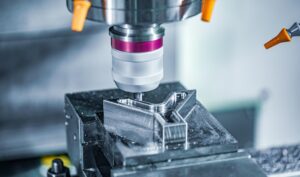

How to Evaluate Medical CNC Machining Suppliers
Online Research and Initial Screening:
Start by searching online using keywords like “medical CNC machining suppliers” and specific geographic locations. Compile a list of potential suppliers and screen them based on their websites, case studies, and online reviews.Case Studies and Customer Reviews:
Look for case studies that showcase the supplier’s experience in medical device manufacturing and read customer reviews. Pay particular attention to the specific challenges solved by the supplier and the levels of customer satisfaction.Request Quotes and Sample Testing:
Provide detailed specifications to the suppliers you are considering and ask them for quotes. If possible, request sample components for testing to evaluate their quality and adherence to specifications.On-Site Audit and Visit:
If feasible, arrange an on-site audit to directly assess the supplier’s facilities, equipment, and quality control practices.
Case Study Analysis: Medical CNC Machining Success
The Collaboration: [Insert a hypothetical or real-life case study here]
A company developing a new surgical instrument needed a reliable supplier for its complex, precision components. After evaluating several potential suppliers, they chose [Name of Supplier] because they offered ISO 13485 certification, experience in machining titanium, and excellent communication.The Outcome: [Elaborate on the successful partnership]
The resulting collaboration produced high-quality components that met the medical device’s strict requirements, resulting in a timely and successful product launch. This example highlights the impact of choosing the right supplier, emphasizing improved product quality, reduced lead time, and overall cost efficiency.
结论
选择正确的 medical CNC machining supplier is crucial for producing reliable, high-quality medical devices. By understanding your specific needs and carefully evaluating potential suppliers, you can find the perfect partner for your project. Remember to focus on the supplier’s qualifications, technology, quality control system, communication capabilities, and overall experience.

